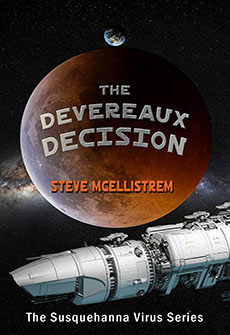Do we all deserve to be listened to equally? Or do some of us deserve more heft?
In a perfect world, where everyone gave equal thought to every issue, where worries about universal health care took up the same amount of mental space in each person’s mind, where concerns about despoiling the planet consumed as much gray matter in all the planet’s citizens to the exact same level, the answer would clearly be yes.
However, the world we inhabit is populated by a broad spectrum of individuals, some well-read, some invested more heavily in lighter fare, like drinking and watching romance dramas and contemplating the benefits and drawbacks of spending a month’s salary on those killer new boots. (They look fabulous on you!)
So when one person studies a subject in great detail, learning about all the candidates for a judgeship, for example, and another person doesn’t even know the names of the candidates, we obviously want to listen more closely to the knowledgeable person.
And in elections, those people ought to have more say than the people who just enter the booth and say to themselves, “Eeny meeny miny Joe. I guess I’ll vote for Joe.” But how do we do that? One way is through a concept known as liquid democracy.
Here’s how it works: we individuals identify people we trust (like friends or relatives or friends of relatives, etc.) who know a lot about school boards, for example, people who perhaps have kids in the system and who are familiar with all the candidates. Then we authorize those people to vote for us in the next school board election. We give them a proxy vote, which would be permitted by state law.
Those people would only be able to vote for us in that one election for school board, not for anything else. They might accumulate hundreds of votes to spend. And all those votes would be coming from a well-informed voter. So because of liquid democracy, we would be more likely to get a good school board member as a result.
This option isn’t available yet, but it probably should be. Yes, there’s a chance someone could pass himself off as an expert or buy votes to get a particular candidate elected, but that’s already happening and voter fraud laws would address many of those concerns.
Even if we never get to that point, we need to realize that we never have perfect knowledge, and that we should be relying on those with subject matter expertise in certain circumstances. We just need to find the right experts.
Not everyone’s voice ought to have equal power. Yet under our system of democracy, and under the rules of society we adhere to, everyone’s voice does. This makes for a hodgepodge of ill-formed opinions and situations in which the loudest voices (those that acquire the most money) generally win.
We can do better.
